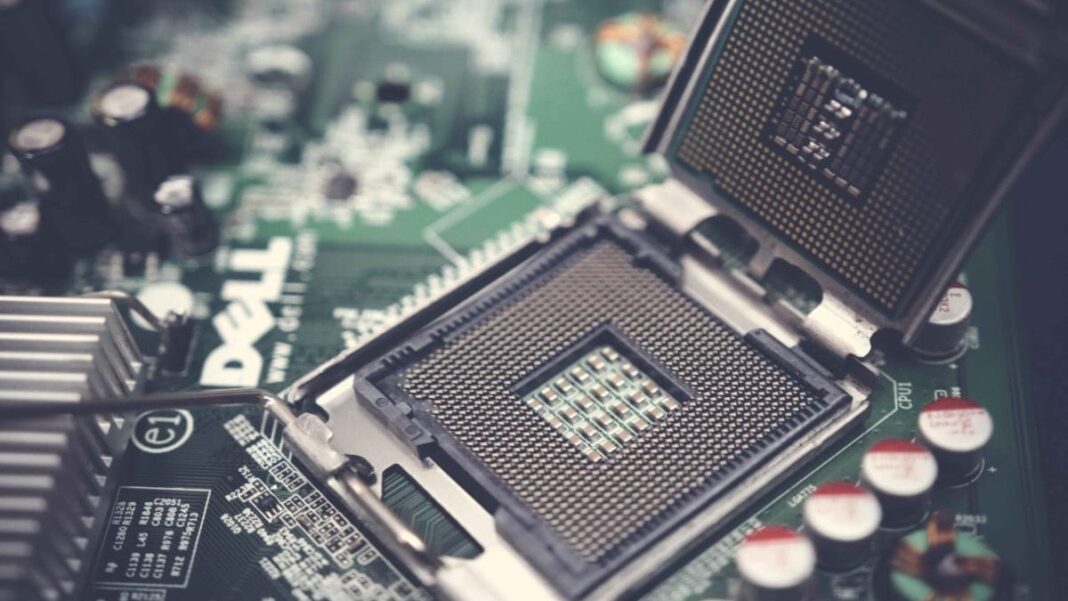JAPAN: Japan announced on Friday that it would limit the sale of 23 different types of machinery used in the manufacture of semiconductors, aligning its technology trade restrictions with a U.S. initiative to stop China from producing sophisticated chips.
However, the country did not name China as the target of the restrictions, instead requiring manufacturers to request export authorization for every region.
At a press conference, Minister of Economy, Trade, and Industry Yasutoshi Nishimura stated, “We are upholding our duty as a technical nation to contribute to international peace and stability.”
Japan’s decision to restrict access to chipmaking technology is seen as a victory for the U.S. and comes ahead of a visit to Beijing by Japanese Minister for Foreign Affairs Yoshimasa Hayashi.
Mao Ning, a spokesperson for the Chinese foreign ministry, warned that politicising, instrumentalizing, and weaponizing economic and technological issues will harm others and themselves. To be successful, the U.S. needs the collaboration of global leaders in the industries of Japan and the Netherlands.
This month, the Netherlands announced plans to limit the export of machinery used to manufacture chips, including products from ASML Holding NV (ASML.AS), which dominates the market for the lithography systems required to produce the intricate circuitry in chips.
China has advised the Netherlands not to emulate the United States’ “tech hegemony” and accused it of being one.
Six categories of equipment used in chip fabrication, including cleaning, deposition, lithography, and etching, will be subject to export controls by Japan starting in July.
Chinese businesses will be denied access to more products made by Japanese businesses, but this shouldn’t have an impact on Chinese fabs.
The controls are likely to have an impact on at least a dozen manufacturers of equipment, including Screen Holdings Co. Ltd. (7735.T) and Advantest Corp. (6857.T).
Two of Nikon’s lithography machines’ sales will probably be affected, but it is unclear how this will affect profits. Nikon’s representative assured the public that they will abide by any regulations and seek to maximise their results.
Tokyo Electron, Advantest, and Screen have all announced that they will adhere to the new export limitations, but they remain mum about the potential effects on their companies.
Takamoto Suzuki, head of economic research for Marubeni in China, predicted that the limits would “undermine the market expansion of Japanese enterprises” and “definitely impair their competitiveness.”
Japan’s market share of chip production has decreased to 10%, but it is still a significant provider of chipmaking equipment and components.
Shin-Etsu Chemical Co. Ltd. (4063.T) and Sumco Corp. (3436.T) make the majority of silicon wafers, and new semiconductor facilities are coming into operation in countries like the US and Japan.
Nikon’s stock price increased, while Advantest ended the day up 2.4%. Tokyo Electron and Screen had not changed much from the day before.
Also Read: Japanese Private Lunar “Hakuto-R” Lander Captures Stunning Image of Moon’s Surface



